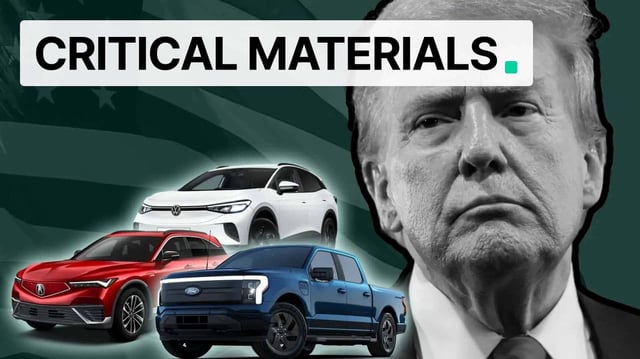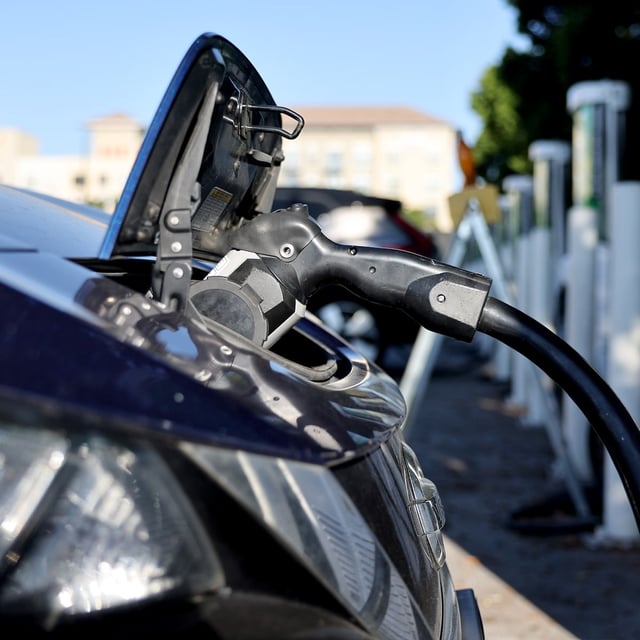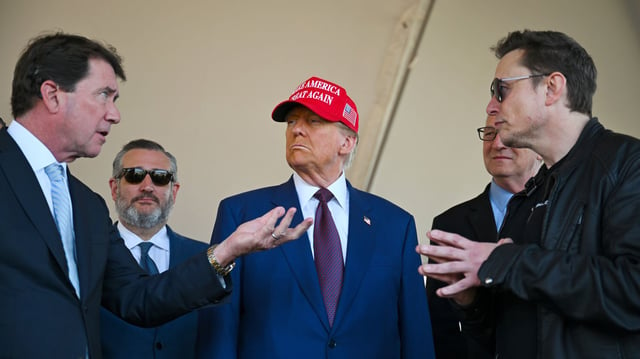Overview
- The $7,500 federal EV tax credit, introduced under the Inflation Reduction Act, has been credited with boosting U.S. EV sales by 46% in 2023 compared to the previous year.
- Reports indicate that the incoming Trump administration is exploring the possibility of eliminating the tax credit, though no official decision has been announced yet.
- Industry experts predict a potential 27% drop in EV sales if the credit is repealed, which could significantly impact automakers and hinder EV adoption in the near term.
- The tax credit currently applies to EVs assembled in North America with price and income caps, and includes additional requirements for battery components and critical minerals sourcing.
- Leasing an EV may offer a temporary workaround for consumers, as leasing companies can pass on subsidies even for vehicles that do not meet all eligibility requirements.



